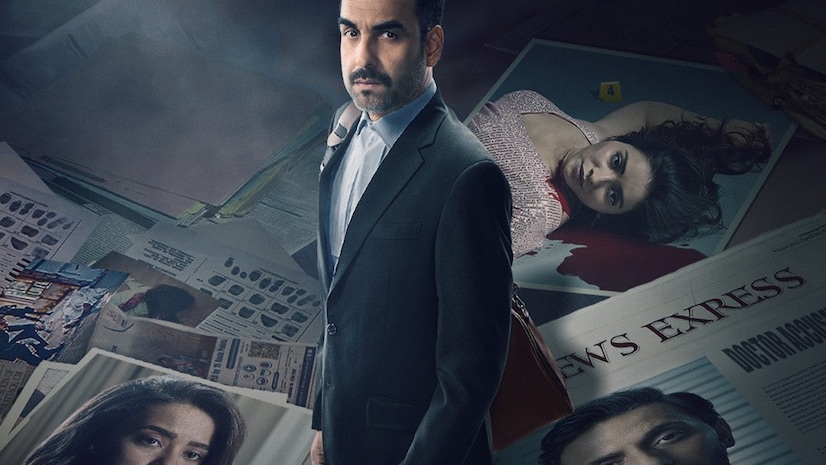In a time when journalism continues to stand as one of the last lines of defense for democracy, the recently released web series Criminal Justice 4 has stirred controversy by depicting journalists in an extremely derogatory and demeaning light. With phrases like “vultures,” “two-penny reporters,” and “media circus,” the series appears to do more than just tell a fictional story — it strikes directly at the integrity and dignity of an entire profession that has sacrificed much in its pursuit of truth.

This portrayal goes beyond dramatic license. These aren’t just lines written for entertainment value. They are toxic narratives disguised as dialogues, shaping a public perception that journalists are intrusive, greedy, and morally bankrupt. But is this depiction a reflection of reality or an irresponsible distortion?
While creative freedom is essential in any democracy, it must walk hand in hand with accountability. When such powerful platforms are used to malign the entire journalism fraternity, the consequences ripple far beyond the screen. Aspiring young minds, who once saw journalism as a noble calling, might now question whether it’s a profession worth pursuing. A child dreaming of becoming a journalist may now think twice, haunted by the question: “Am I choosing to become a vulture?”
In recent years, journalists have faced increasing threats — from censorship to violence, from online abuse to wrongful imprisonment. Many have risked and even lost their lives while reporting from war zones, exposing corruption, and standing up for the voiceless. To reduce their work to mere punchlines in a script is not just irresponsible — it’s an insult to every reporter who has dared to question power.
Entertainment has influence. Web series like Criminal Justice shape opinions, define norms, and influence discourse — especially among younger audiences. And when such series begin to portray journalists as mere opportunists, it distorts the very idea of journalism as the fourth pillar of democracy.
Is this what creative freedom has come to? Using popular platforms to dismantle the public trust in professions that are already under immense pressure?
While not every journalist is perfect, no profession is. But generalizing an entire field with labels like “two-penny reporters” or comparing them to scavengers does nothing to improve journalism — it only fuels cynicism, distrust, and disrespect.
The makers of Criminal Justice 4 must be held accountable. An apology is not only warranted but necessary. The production team must understand that words have power — especially when delivered through a medium as influential as digital entertainment.
It’s time to ask the hard questions: What message are we sending when we belittle truth-tellers for the sake of drama? Are we protecting democracy — or slowly poisoning it?
Freedom of expression is a right. But when it begins to trample the dignity of others, especially those who dedicate their lives to protecting our rights, then that freedom turns into recklessness.
Journalism is not perfect, but it is essential. And no scriptwriter has the right to erase its worth with a few careless lines.
